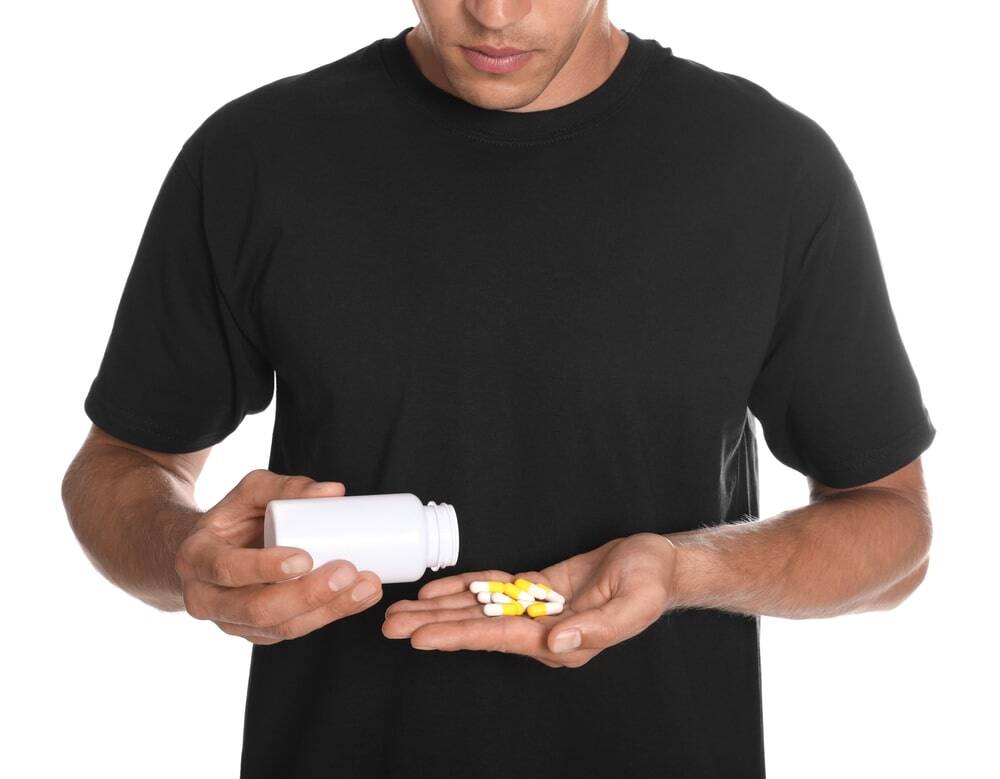Why You Should Focus On Improving Drug Addiction
Addiction, also known as substance use disorder (SUD), is listed in the Diagnostic and Statistical Manual of Mental Disorders, Fifth Edition (DSM-5) as a chronic brain disorder. It is characterized by “intense and, at times, uncontrollable drug craving, along with compulsive drug seeking and use that persist even in the face of devastating consequences.” Substance use disorder does not develop overnight, nor should an individual expect her recovery from addiction to occur instantaneously. A hallmark of any chronic condition, including substance use disorder, is the potential to relapse. Relapse is defined by the American Society of Addiction Medicine (ASAM), “as the recurrence of behavioral or other substantive indicators of active disease after a period of remission.” According to the National Institute on Drug Abuse (NIDA), 40% to 60% of people relapse after drug treatment. Clinical treatment studies estimate that more than two thirds of individuals relapse within weeks to months of initiating treatment. It is important to note that relapse is not an indication of failure, only that treatment needs to be adjusted. Further, with proper support, substance use disorder can be effectively treated and successfully managed.
Improving Drug Addiction
Substance use disorder not only adversely affects the individuals struggling with addiction but is an incredible economic burden at a macro level. It is estimated to cost society $249 billion for alcohol misuse and $193 billion for illicit drug use each year in health care costs, lost productivity, and criminal justice costs. The Surgeon General’s Report on Alcohol, Drugs, and Health states that “it is time to change how we as a society address alcohol and drug misuse and substance use disorders…[and we have] a moral obligation to address substance misuse and substance use disorders effectively for all Americans.” Improving drug addiction can:
- Prevention and treatment reduce criminal-justice-related costs, and they are much less expensive than alternatives such as incarceration.
- Studies have demonstrated that prevention and treatment programs for employees with substance use disorders are cost effective in improving worker productivity.
- Implementation of evidence-based interventions (EBIs) can have a benefit of more than $58 for every dollar spent.
- Studies show that every dollar spent on substance use disorder treatment saves $4 in health care costs and $7 in criminal justice costs.
Evidence-based prevention and treatment policies and programs must be implemented and more widely used to reduce these costs and improve the overall health and wellness of the members that make up our nation and our collective society.
For Information and Support
Substance abuse and addiction can be incredibly dangerous and can result in severe short and long-term consequences. If you or someone you know is suffering from substance abuse or addiction, please get help as soon as possible. The earlier you seek support, the sooner you and your loved ones can return to leading happy, healthy, and fulfilling lives. There is no reason to go through this alone, and we are here to help. Please feel free to reach out to us for further information or with any questions regarding substance abuse or addiction. We are available anytime via telephone at: 213-389-9964, or you can always email us at: info@friendlyhousela.org.



